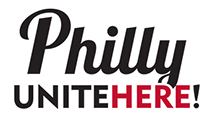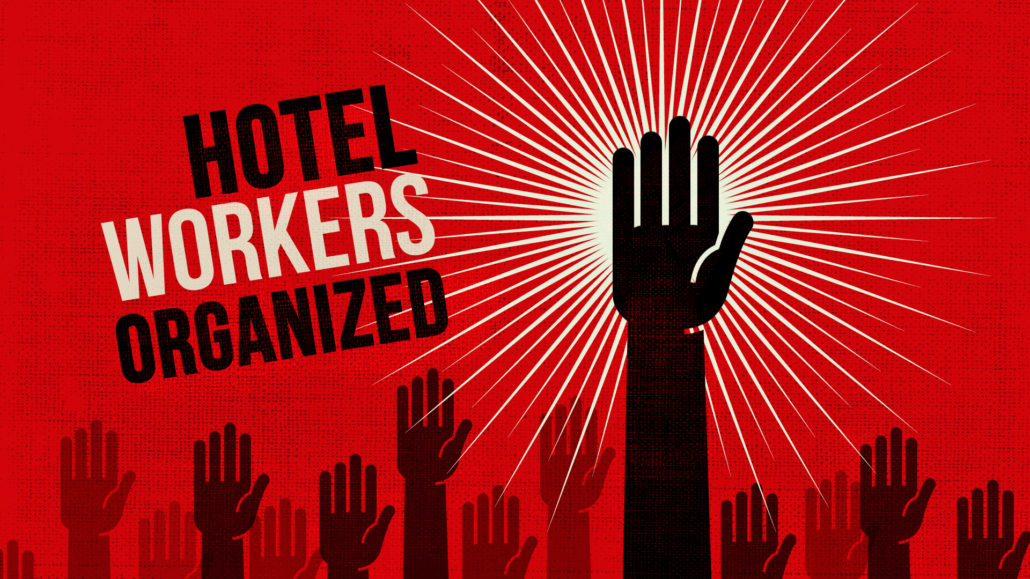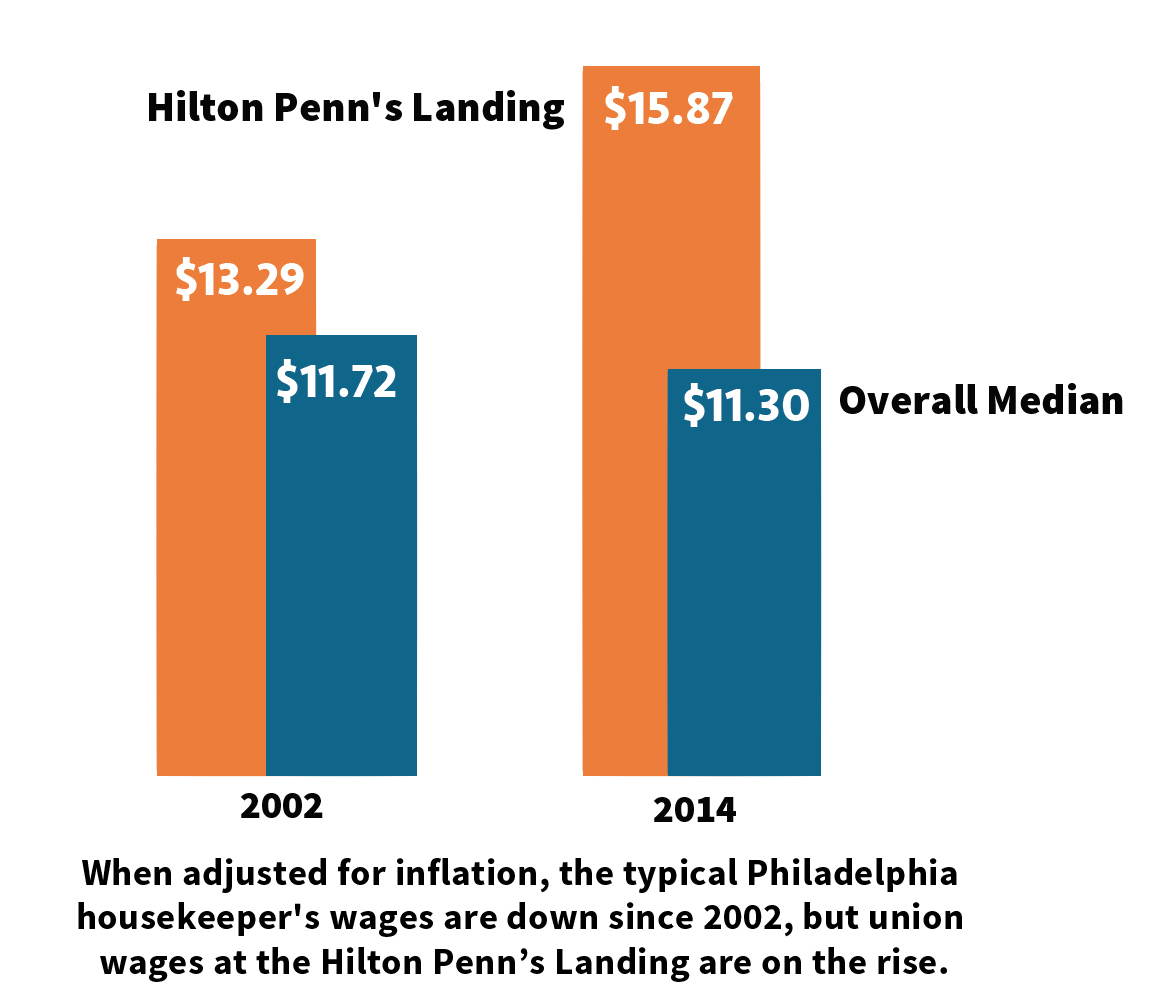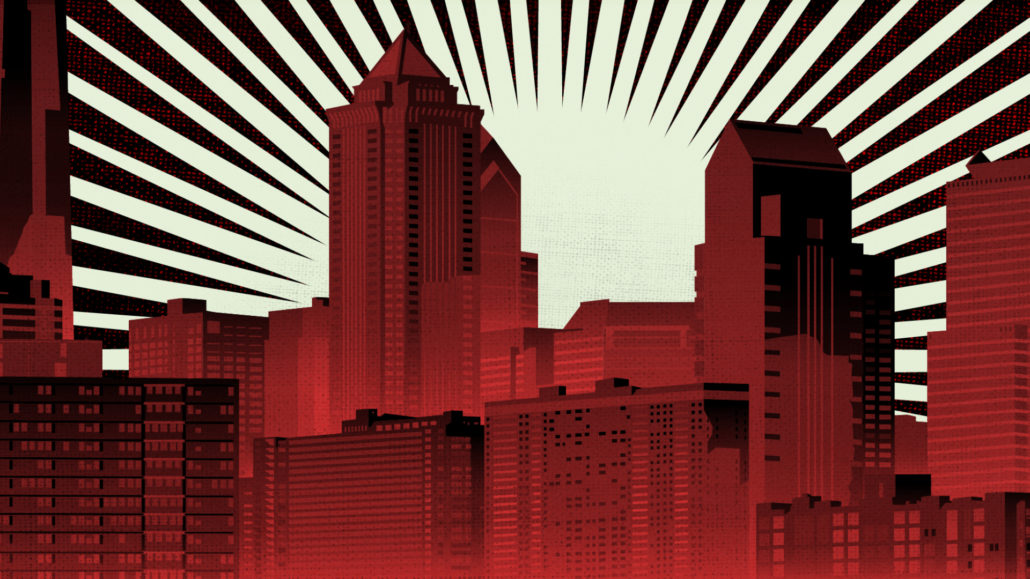Union hospitality workers are fighting for racial justice in the workplace and rebuilding the middle class from the bottom up.
Philly’s Workers
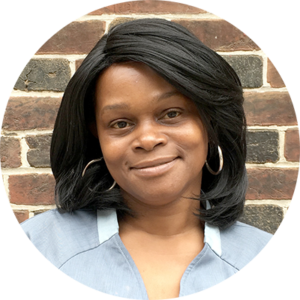
Earlene Bly
I used to come home from work angry. I would work hard, but the boss wanted to talk to me like I’m a child. I wanted to scream and yell, but I knew if I did that, it could cost me my job. I couldn’t take the frustration out on my boss, so I took it out on my family. When I would come home from work, if I saw anything out of place I would just start snapping on everybody. It wasn’t fair—not to me or my family. No one should have to feel the way that I felt when I came home. When I became involved with the union things began to change. Now if something goes wrong at work, I feel empowered to deal with it. So when I leave through those doors, I’m not taking that frustration home with me. To me, being in the union is about living with dignity. It’s about having a voice.

Steve Hornstein
I’ve been at The Warwick Hotel since 1981. It will be 35 years on May 8th 2016. I’ve raised a family, bought a home and paid taxes. I attribute it to my work ethic and being a part of the union. The reality is that not everyone is gonna have the opportunity to make it to college. But if you get a union hospitality job as a server or busman or housekeeper you have a career. The hospitality industry is more competitive now than ever. It’s a cutthroat business. I see how hard it is to get a big corporation to do the right thing. When I started, the hotel was like a mom and pop business, now it’s a run by a huge corporation. Having a union job can make all workers part of the success of the city.
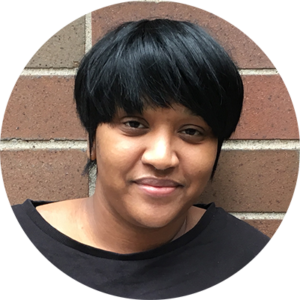
Joycena Breeden
I grew up in North Philly. My mother and father were both on drugs. Growing up, I had good grades, but I didn’t have food or new clothes. I didn’t have Christmas or birthdays. I just had the determination not to be like my parents. At 18 I became a mother. My daughter’s father is incarcerated, so her whole future is on me. I’m her mother and father. When I first started work at the hotel, it was hard. But once I knew we had a union, I began to speak up when I see something wrong. A lot of my coworkers are foreigners, and they get picked on because they’re different. I’ve been picked on for what I didn’t have, so when I look in their eyes, I see myself. That’s what makes me just love this union—I can stand up and fight. I feel that with this job, I can actually have a life with my daughter.
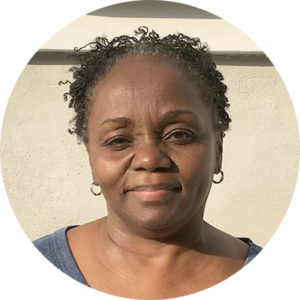
Corean Holloway
I grew up in South Carolina under segregation. My brother and sister and I were the first black students to go to Hemingway High School. It was really hard, but we fought our way through. After graduating, I moved north to look for a better job. I’ve been working at the Warwick hotel in Philadelphia for the last 30 years. I’ve been able to buy my own home, and I’ll be able to retire on my pension in 18 months. As a worker, I demand respect. Respect is when your boss can’t come and tell you “Do this, do it now, and don’t talk back to me.” No one talks to me like that. But I know not everyone has that. In a lot of these jobs you see that blacks and foreigners are not treated the same as whites. I want to see every worker in the city join the fight to be treated equally.
Black Work Matters
- Hospitality is Philadelphia’s fastest growing industry.
- Union workers are growing their incomes and leading the fight to eliminate poverty.
- A new report, Black Work Matters: Race, Poverty and the Future of Work in Philadelphia, outlines the challenges and opportunities facing the city.
Keep Connected
Follow us!
Interested in learning more? Volunteering?
Click here to get connected with UNITE HERE Philly.
